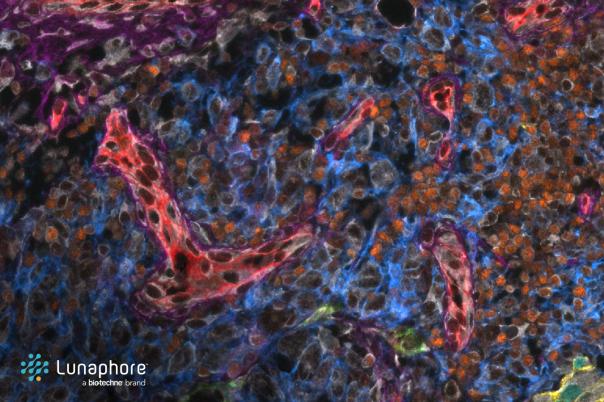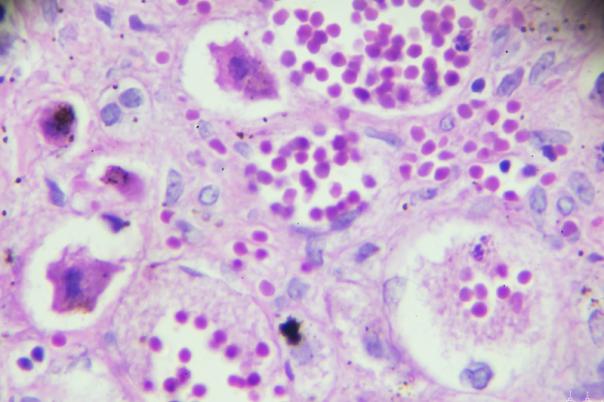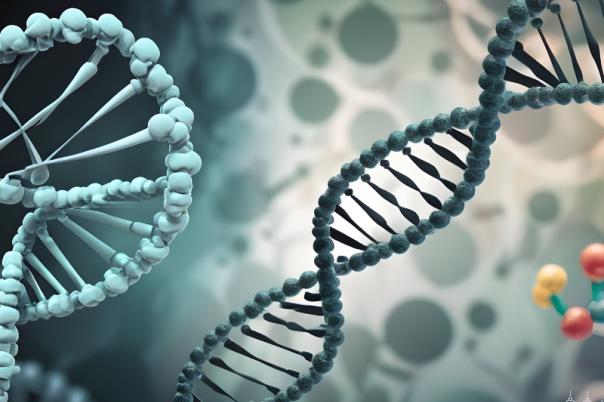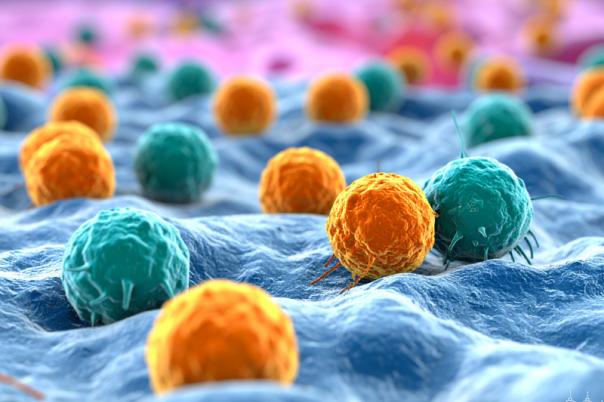Immunotherapy has transformed clinical practice over the last 10 years. Yet it is widely known that immunotherapy only works in a minority of patients, with many patients not experiencing the benefits of the treatment. Henoch Hong, Associate Director at Merck Healthcare, presented results from a study conducted by Merck and Pfizer in renal cancer patients. As part of the clinical trial, a rich biomarker data set was produced.
The study gathered RNA-seq data from 370 patients treated with immunotherapy and 380 patients in the control group. The study leaders had a few predictive biomarker candidates but wanted to dig deeper into the mechanisms of resistance. To achieve this, they relied on the novel SCISSOR method, a technique used to integrate bulk and single-cell data. Hong explained that the team performed univariate Cox regression analysis to identify genes associated with either positive or negative clinical outcomes.
Hong outlined the main findings: “In the Javelin renal biomarker data, we found that immune effector cells and plasma cells are associated with beneficial clinical outcomes to immunotherapy in renal cancer. The fibroblasts were associated with worse outcomes, and this was reproduced in both single-cell data sets.”
How can this information help inform next-generation therapies? The broad consensus is that to improve existing immunotherapy, a better understanding of the tumour microenvironment is key. Tumours are extremely heterogeneous, even within a single patient the tumours evolve over time. The IMMUcan consortium is a public-private consortium launched in 2019 that fosters collaboration between industry and academia to address challenges in cancer. The project focuses on five cancer types: head and neck, lung, colorectal, breast, and renal cancers. Cellular profiling of tumour samples was conducted using whole exome sequencing, RNA sequencing, immunofluorescence, and imaging mass cytometry.
Regarding challenges, Hong mentioned that scaling up the project and patient recruitment has been difficult. However, over 1,500 patients have been recruited, giving scientists significant insights into understanding cancer heterogeneity and tumour microenvironments.




